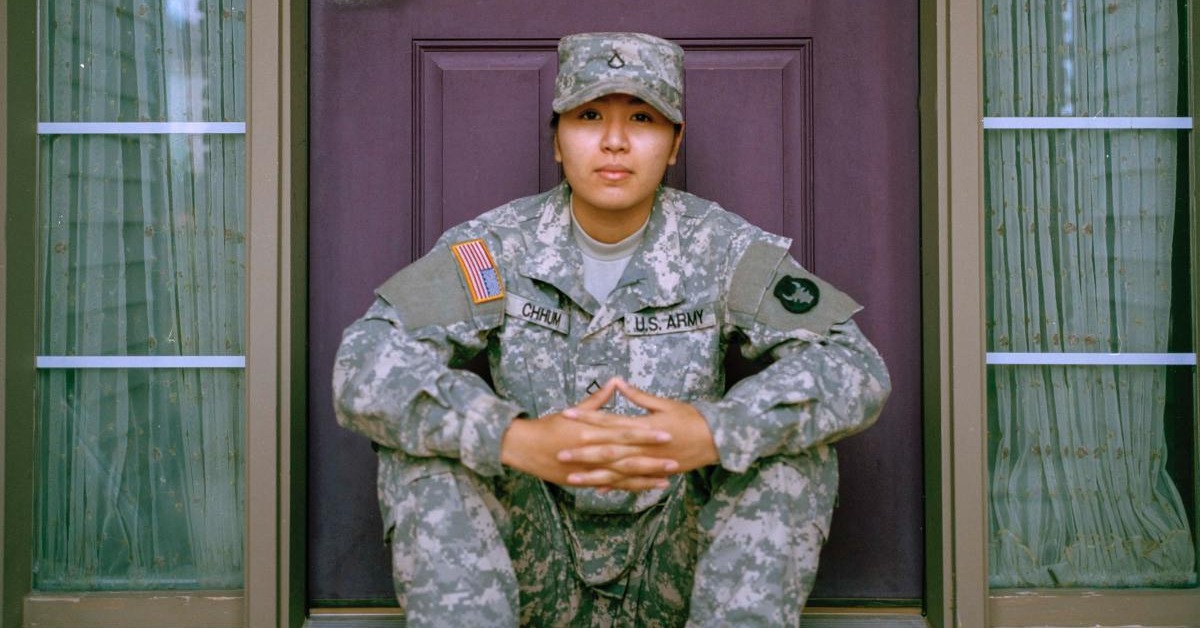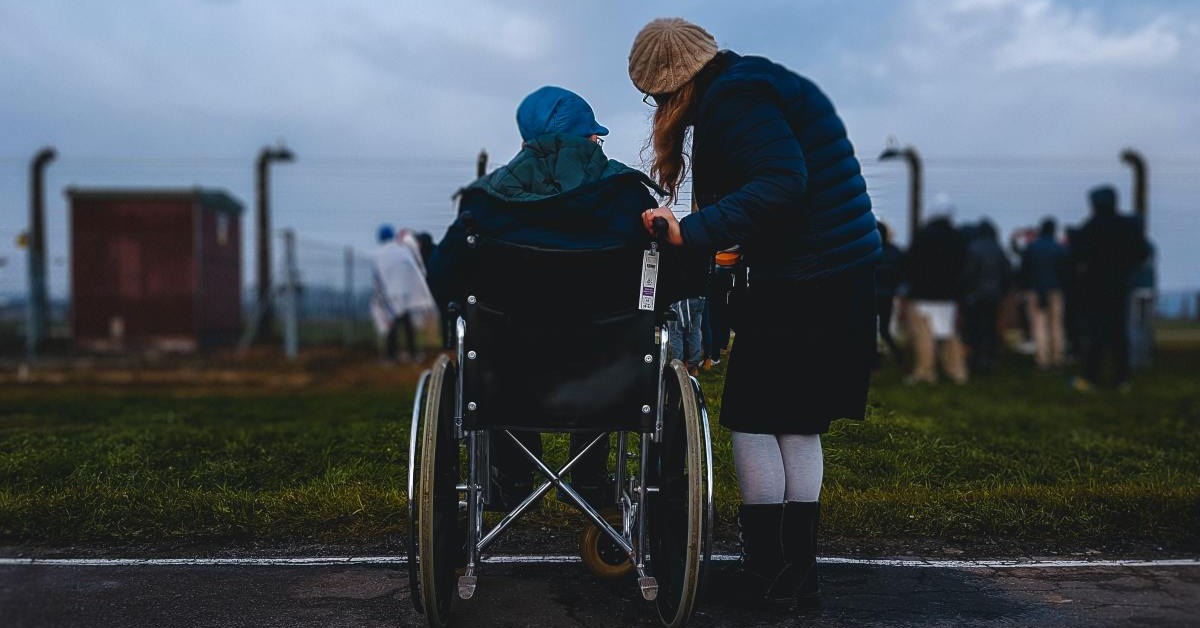
How to Become a Domestic Violence Advocate or Counselor
Domestic violence call centers in the US field 20,000 calls [...]

Mental health challenges are on the rise, in part resulting from the COVID-19 pandemic. The data confirm this; the US saw a 10 percent increase in the number of individuals seeking mental health treatment between 2019 and 2021. The rise was even more acute for the 18-to-44 age demographic, which saw a 25 percent jump.
The pandemic certainly exerted a substantial impact on the nation’s mental health. Its impact wasn’t all negative, however: lockdown and its attendant stressors prompted conversations about mental health as more people grew open to discussing their struggles. Part of the rise in treatment can be attributed to this phenomenon.
That’s encouraging given how widespread mental health problems are. According to the National Alliance on Mental Illness (NAMI):
Mental health conditions include anxiety, depression, post-traumatic stress disorder (PTSD), bipolar disorder, and schizophrenia. Untreated mental health disorders can lead to substance abuse, behavioral disorders, and suicide.
The mental health crisis in the United States has fostered demand for licensed mental health social workers. These professionals assess, diagnose, and monitor those dealing with mental health issues, fight stigmas associated with mental health, and deploy crisis intervention skills. It takes trained, qualified social workers, counselors, and other professionals to apply the necessary tools to aid in mental health prevention, education, and treatment. With the right education and experience, you could become one of them.
This article discusses how to become a licensed mental health social worker and also explores the following:
Licensed mental health social workers specialize in the assessment and treatment of individuals with mental health disorders. They also aid individuals dealing with substance abuse or other behavioral disorders caused by mental illness.
Licensed mental health social workers typically engage at the macro level of social work through one-on-one counseling and connecting clients with community resources or social services. However, they can also perform duties at the mezzo level through family counseling and leading support groups, or at the macro level through advocacy and education.
| University and Program Name | Learn More |
|
Virginia Commonwealth University:
Online Master of Social Work
|
Becoming a licensed mental health social worker takes time. Although you may have an innate passion for helping others, it takes education, hands-on training, certifications, licensure, and the right temperament to perform the duties of this role effectively and ethically.
To provide one-on-one, family, or group counseling services, mental health social workers must have a Master of Social Work (MSW) and proper licensure.
The first step is to earn a bachelor’s degree. Your bachelor’s does not have to be a Bachelor of Social Work (BSW) to qualify you for an MSW program. However, a BSW may qualify you for advanced standing, which can shorten the length of your social work graduate degree program significantly (for full-time students, it can cut a two-year curriculum to one year).
A BSW also qualifies you for entry-level nonclinical roles like caseworker, crisis intervention specialist, social services assistant, and other generalist social work careers. A BSW provides foundational knowledge through such courses as Generalist Social Work Practice, Human Behavior and the Environment, Social Work Case Management Practice, and a slew of electives. In addition, experiential learning through field practicum requirements enables students to apply their knowledge in real time.
Earning a master’s degree in social work qualifies you for clinical social work practice. The degree typically takes two years to complete on a full-time basis, three or more on a part-time basis. You’ll undertake a rigorous curriculum in social work practice, theory, and ethics that will include significant amounts of fieldwork. Your program may offer opportunities to specialize through a field of concentration. Check the curricula of each program you consider, as concentration options vary significantly from school to school.
After completing your MSW, you will need to earn licensure. First step is to earn the Licensed Master Social Worker (LMSW) designation, administered by the Association of Social Work Boards (ASWB). The LMSW enables you to practice clinical social work under the supervision of a licensed clinical social worker.
What happens next depends on the state in which you live. Most states require LMSWs to complete several years of training before they can earn the Licensed Clinical Social Worker (LCSW) certification. Most states require LCSW status before you can practice clinical social work without supervision. Additional licensure criteria varies by state.
The National Association of Social Workers (NASW) offers specialty credentials open to licensed social workers to help meet the continuing education requirements to stay licensed. Professional associations specific to clinical practice or mental health that offer supplemental certifications or continuing education opportunities include:
Licensed mental health social workers serve a very vulnerable, potentially unstable population. It’s a high-stress role that can impact a practitioner’s mental health. You’ll need special skills to combat the emotional strain that can lead to burnout, including:
The U.S. Bureau of Labor Statistics projects an 11 percent growth in mental health and substance abuse social worker careers between 2021 to 2031, a rate significantly faster than that for all occupations. As more people fight to combat the stigma around mental health and encourage people struggling with mental illness to seek help, the demand for licensed mental health social workers should grow.
Career websites like LinkedIn, Indeed, Zippia, and other job boards are excellent resources when looking for a career. However, sometimes it’s also about who you know. Developing a professional network is critical when seeking employment. For instance, professional associations like the NASW offer a career center for members and provide other ways to network with peers. In addition, making connections through internship and field practicum requirements during your BSW and MSW education is another way to build your network.
Volunteer experience can also increase marketability and show your genuine interest in the work. Oopportunities with support services like the Crisis Text Line or the newly developed 988 Suicide & Crisis Lifeline can help build your crisis intervention skills.
Licensed mental health social workers share some overlapping duties with licensed clinical social workers (LCSWs), case managers, therapists, and counselors, though there are a few distinct differences. This subdiscipline of the social work profession performs some of the following duties:
Licensed mental health social workers can assess, diagnose, and treat mental health illnesses. However, mental health social workers cannot prescribe medications to their clients, unlike psychiatrists or (in some states) psychologists. Instead, they make those referrals to qualified mental health professionals.
Mental health social workers work in a broad range of settings where they can provide individual, family, or group support services. Some typical work environments include:
Some mental health social workers also work within highly specialized areas. They may serve the LGBTQ+ community, military personnel, veterans, or vulnerable populations affected by disaster trauma.
Social workers earn an average annual income of $50,400, with the highest percentile earning more than $82,800 and the lowest earning less than $36,500. Mental health and substance abuse social workers earn a slightly lower average annual income of $49,100.
Education, experience, industry, and location can determine your earning potential. For instance, the two sectors with the highest concentration of employment are psychiatric and substance abuse hospitals ($67,500) and outpatient care centers ($57,200). Top-paying states include:
An MSW presents an opportunity for aspiring mental health social workers to impact individuals, families, or groups struggling with mental illnesses. An MSW program offers advanced coursework, including courses in clinical social work practice, human behavior in the social environment, macro social work, mental, emotional, and behavioral disorders, and social work practice with individuals, families, and groups.
Some schools offer supplemental certificate programs to pair with your MSW, like Tulane University’s Mental Health, Addictions, and Family certificate. Also, schools like Virginia Commonwealth University, Howard University, and Temple University offer a clinical practice concentration perfect for social workers practicing at the micro and mezzo levels and a social work administration track for individuals wanting to make an impact at the macro level.
What makes earning an MSW even more convenient is that many programs offer online or hybrid opportunities to provide flexibility for students who double as working professionals or choose to attend part-time. Online programs also combine didactic instruction with experiential learning, enabling students to apply their knowledge through supervised field education opportunities within their community, making an immediate impact.
Questions or feedback? Email editor@noodle.com

Domestic violence call centers in the US field 20,000 calls [...]

If you're passionate about improving service members' quality of life [...]

Pediatric social worker means much more than the job title [...]

If you're passionate about improving older adults' quality of life [...]

You'll need the right licenses and certifications to practice social [...]
Categorized as: Social Work, Social Work & Counseling & Psychology